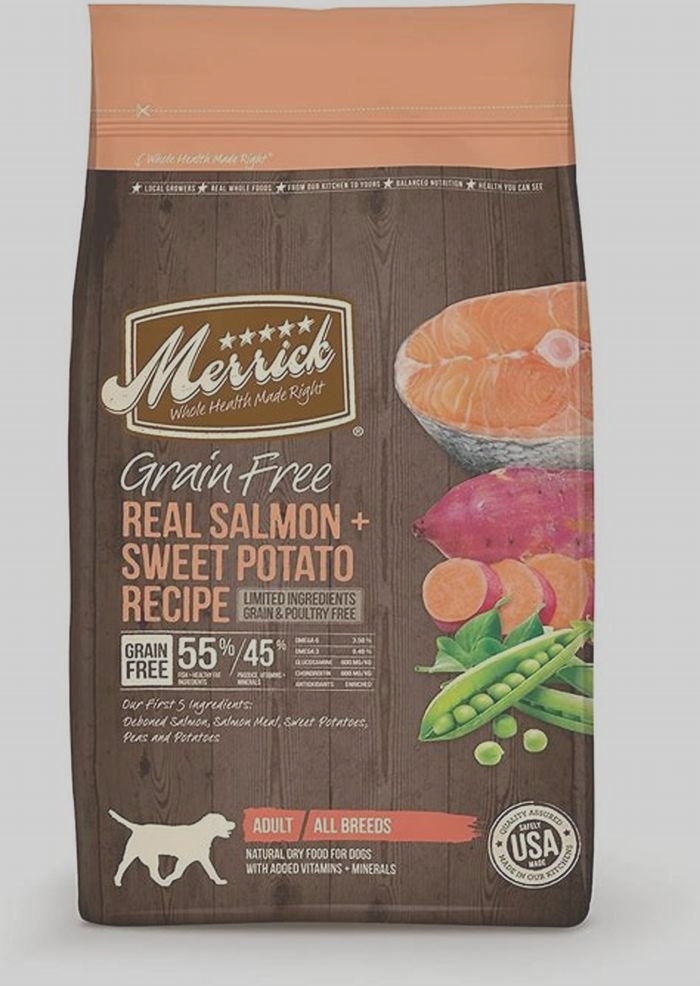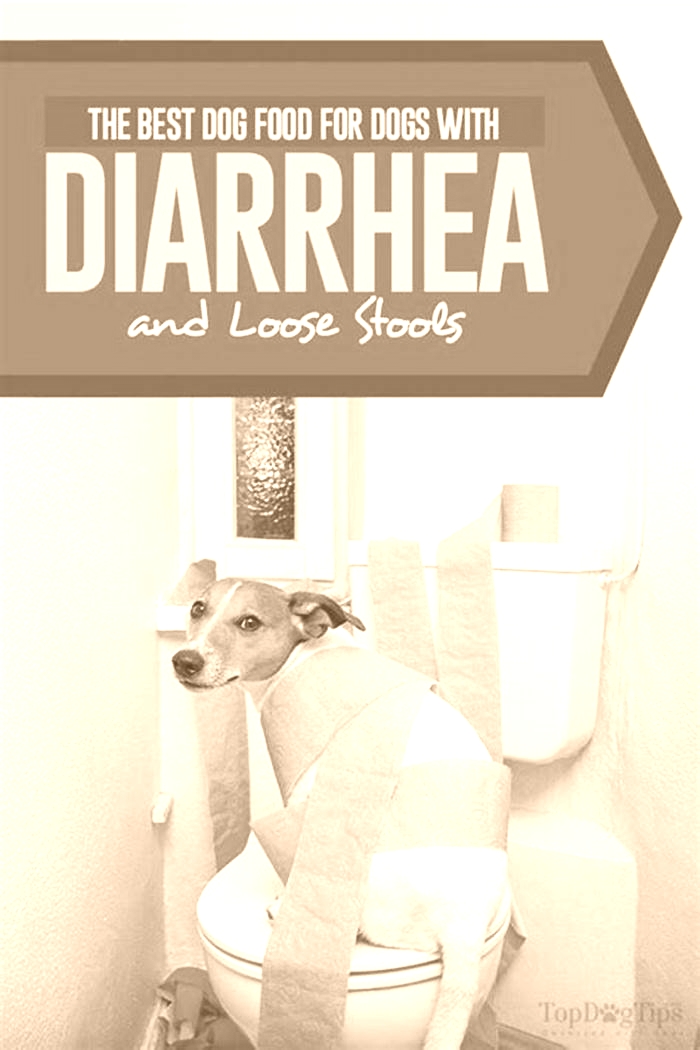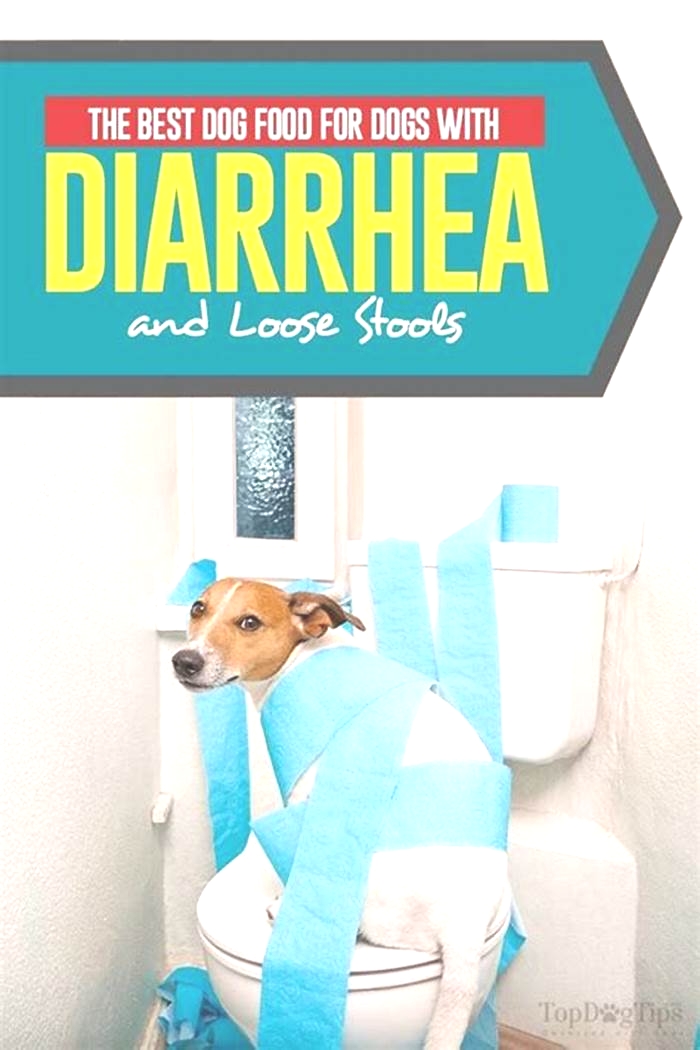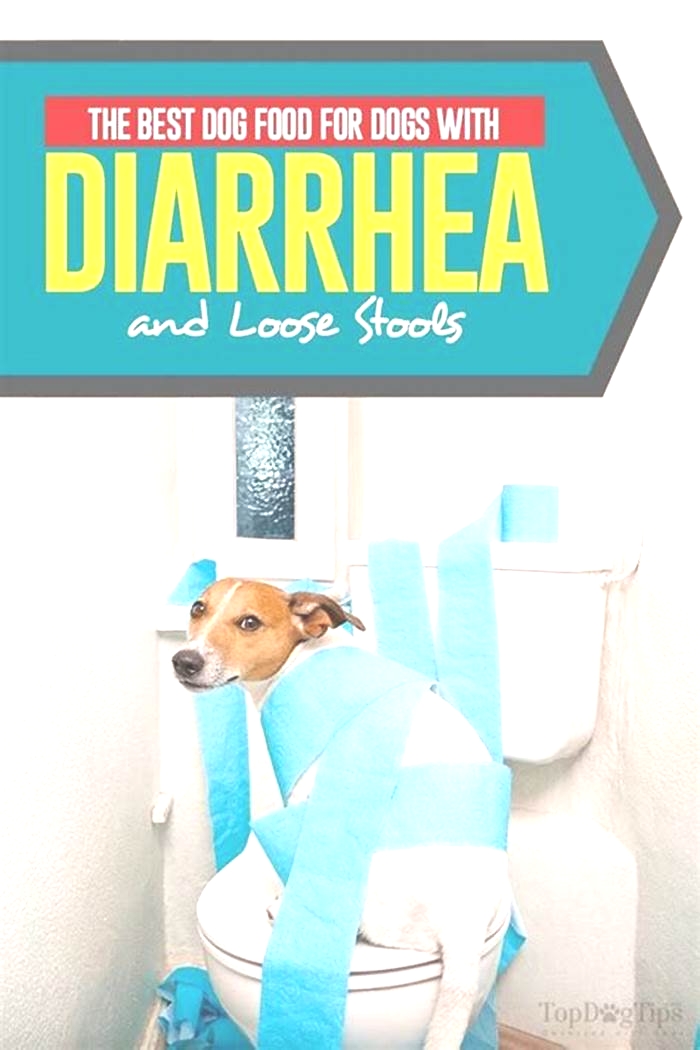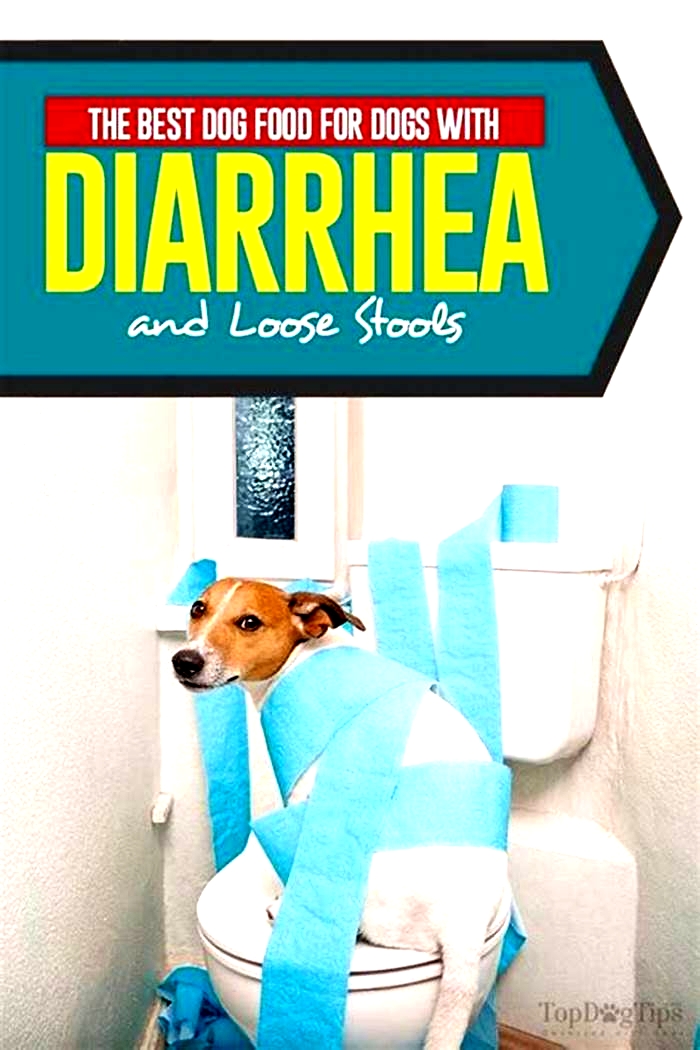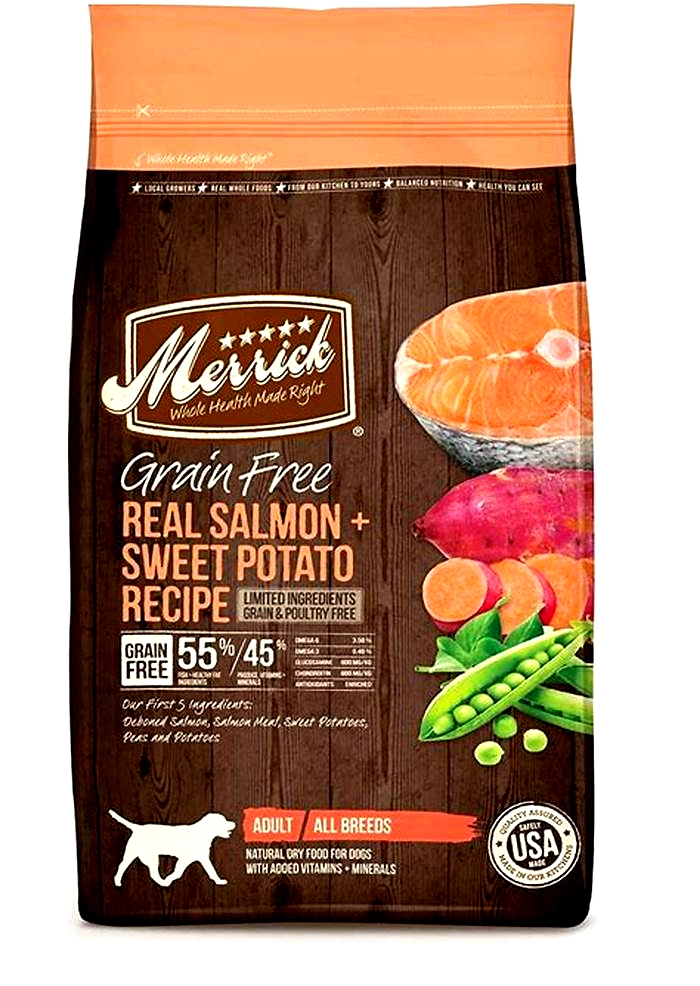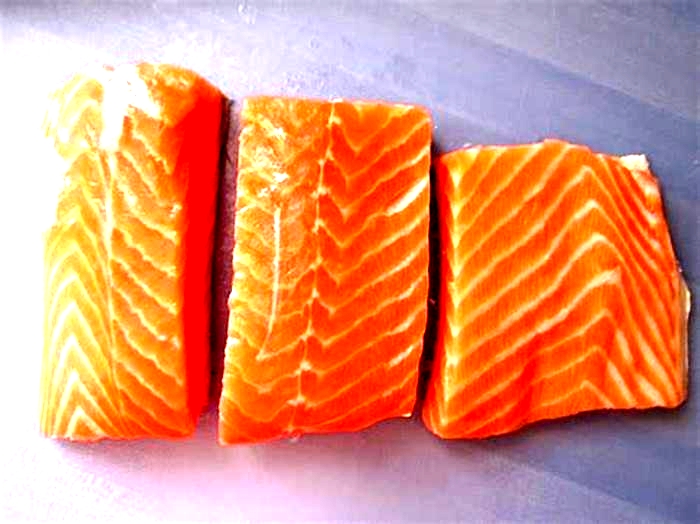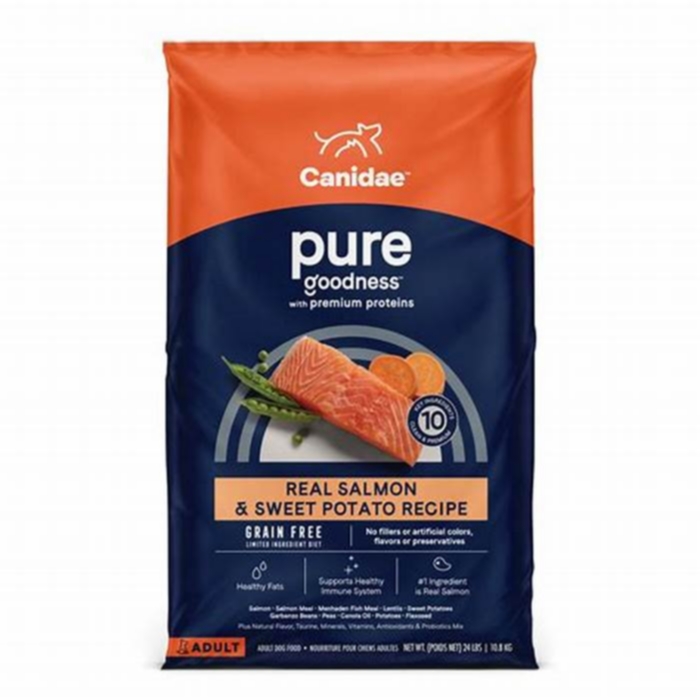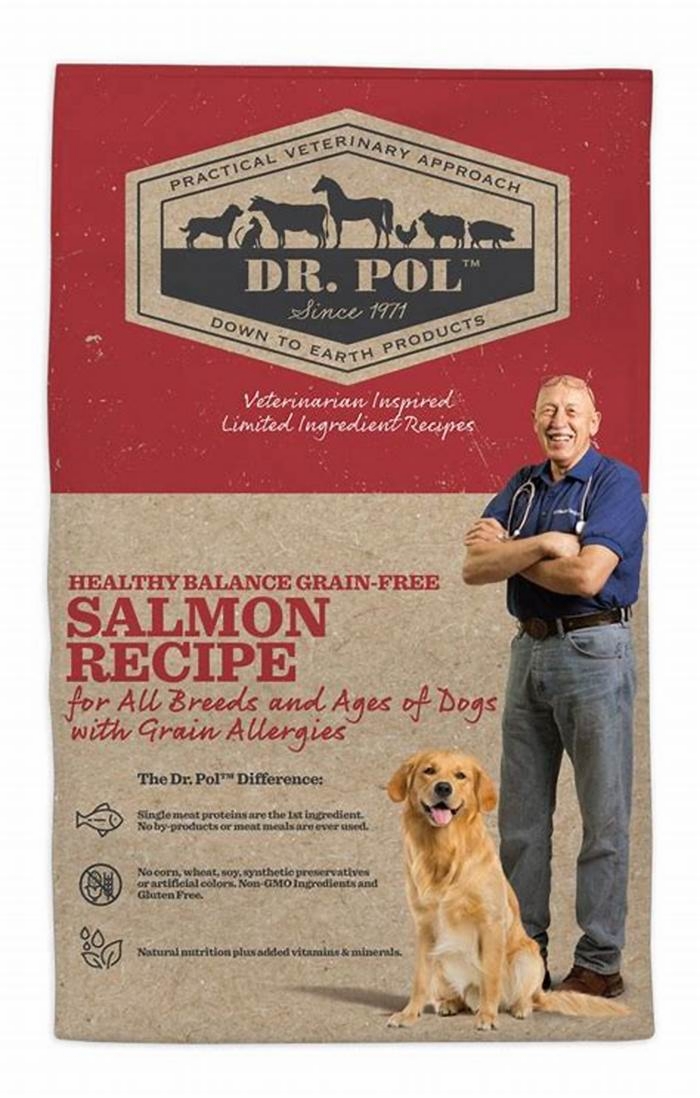can salmon dog food cause diarrhea
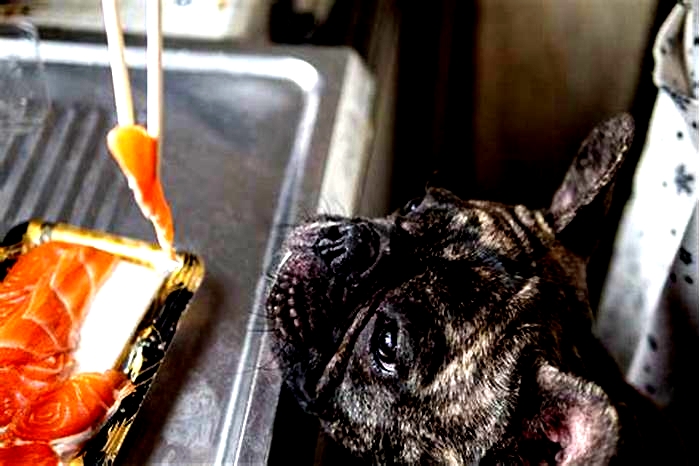
What Common Foods Can Cause Diarrhea?
Certain foods may cause diarrhea and other digestive symptoms, especially if you have a food intolerance. Common causes can include dairy, spicy food, and greasy food.
In most cases, diarrhea is caused by a virus or bacteria that your body is trying to flush out. However, eating specific foods can also trigger a bout of diarrhea.
The foods that trigger diarrhea differ among people, but common culprits include dairy, spicy foods, and certain groups of vegetables.
This article looks at 10 foods that commonly cause diarrhea, the best treatments, and when to see a doctor.
The types of food that trigger diarrhea differ among people. If you have a food intolerance, eating that specific food can cause diarrhea or loose stool.
Dairy and gluten are common food intolerances.
Food intolerances are often the cause of chronic diarrhea. Other symptoms of food intolerance include stomach cramps or pain, bloating, and gas.
A food intolerance is different from a food allergy. Food allergies can also cause diarrhea, along with hives, itchy skin, congestion, and throat tightening.
Malabsorption can also cause diarrhea. This is when the small intestine is less able to absorb nutrients from the food you eat. Some food intolerances can cause malabsorption.
That said, certain foods can cause diarrhea even in people with no food intolerances. These are often foods that contain large amounts of spices, artificial ingredients, oils, or colonic stimulants.
SummaryVarious foods can cause diarrhea, even in people without food intolerances. The specific triggers vary among individuals.
Spicy foods are among the most common causes of food-induced diarrhea. This is especially likely with strong spices that your body isnt used to.
Chili peppers and curry blends are common culprits. A chemical called capsaicin gives chili peppers their heat.
When consumed in large amounts, capsaicin can cause the following symptoms:
- nausea
- vomiting
- abdominal pain
- burning diarrhea
If spicy foods are causing diarrhea, try adding a kick to your food with spices that dont contain capsaicin, such as mustard powder or ground paprika. They tend to be milder on the stomach.
SummaryThe capsaicin in chili peppers can irritate the digestive system. This can cause burning diarrhea and other uncomfortable symptoms.
Sugar substitutes include artificial sweeteners (e.g., aspartame, saccharin, and sucralose) and sugar alcohols (e.g., mannitol, sorbitol, and xylitol).
Some sugar substitutes can upset the digestive system. In fact, some foods that contain them have a label warning about their potential laxative effect.
Eating or drinking sugar alcohols, in particular, can have a laxative effect, inducing diarrhea and gas.
If you suspect that sugar substitutes are causing diarrhea, try cutting back. Common foods that contain artificial sweeteners include:
- chewing gum
- sugar-free candies and desserts
- diet sodas
- other diet drinks
- reduced-sugar cereals
- low-sugar condiments, like coffee creamer and ketchup
- some toothpastes and mouthwashes
SummarySugar substitutes called sugar alcohols can have a laxative effect. Check the ingredients label and look for a laxative warning.
If you find that you have loose stool after drinking milk or eating dairy products, you may have lactose intolerance.
Many people dont know they have lactose intolerance. It tends to run in families and can develop later in life.
Lactose intolerance means that your body doesnt have the enzymes to break down certain sugars in dairy.
Instead of breaking it down, your body disposes of these sugars very quickly, often in the form of diarrhea.
There are plenty of substitutes for cows milk on the market, including:
- lactose-free dairy milk
- oat milk
- almond milk
- soy milk
- cashew milk
SummaryLactose intolerance is a common cause of chronic diarrhea. If you have this condition, avoiding dairy products should clear up diarrhea.
The caffeine in coffee is a stimulant. It makes you feel mentally alert, and it also stimulates your digestive system. Many people have a bowel movement very soon after a cup of coffee.
According to the International Foundation for Gastrointestinal Disorders (IFFGD), drinking 23 cups of coffee or tea in a day can often cause diarrhea.
Many people also add other digestive stimulants to their coffee, such as milk, sugar substitutes, or creamers, which increases the beverages laxative effect.
For some people, even decaffeinated coffee can stimulate the gut because of other chemicals present in coffee.
Using dairy substitutes, such as oat milk or a coconut creamer, can reduce the laxative effects of coffee. Otherwise, if you think coffee is causing diarrhea, try switching to green tea or another hot beverage.
SummaryCoffee contains caffeine, which stimulates bowel movements. Adding milk, creamer, and sugar substitutes can increase its laxative effect.
Aside from coffee, other foods and drinks that contain caffeine can cause diarrhea or loose stool.
Caffeine naturally occurs in chocolate, so any chocolate-flavored products could contain hidden caffeine.
Common foods and drinks that contain caffeine include:
- cola and other sodas
- black tea
- green tea
- energy drinks
- hot cocoa
- chocolate and chocolate-flavored products
SummaryCaffeine stimulates the digestive system. Chocolate is a common hidden source of caffeine.
Fructose is a natural sugar found in fruit. Eaten in excess, fructose can have a laxative effect.
Eating large amounts of fruit can cause diarrhea because this means taking in high levels of fructose.
Fructose is also found in:
- candies
- soft drinks
- preservatives
Some people find that they have looser bowel movements when fresh fruit and vegetables are more readily available in the summer months.
SummaryEating large amounts of fruit, or other high-fructose foods, can cause diarrhea.
Both garlic and onion contain juices that, when broken down by the acid in your stomach, can release gases and irritate the bowels.
Garlic and onions are fructans, which is a carbohydrate the body finds it difficult to digest. They also contain insoluble fiber, which can make foods move through the digestive system faster.
They are also high-FODMAP foods, which is a group of carbohydrates that can cause diarrhea in some people. Sugar alcohols, discussed earlier in this article, are another high-FODMAP food that can cause diarrhea.
If you want to replace garlic and onions in your diet, try experimenting with celery or fennel. These can give your food a similar taste, but with less risk of diarrhea and gas.
SummaryGarlic and onions are notoriously difficult to digest, causing gas and diarrhea.
Broccoli and cauliflower are cruciferous vegetables. Theyre rich in nutrients and bulk vegetable fiber.
These vegetables have plenty of health benefits, but the digestive tract can have trouble processing them.
If you arent used to eating large amounts of fiber, a big serving can lead to constipation, gas, or diarrhea. Try starting with small portions and increasing your fiber intake slowly.
A high fiber diet can help reduce diarrhea and has benefits for your digestive and heart health. Read about the benefits of dietary fiber here.
SummaryCruciferous vegetables, including broccoli and cauliflower, are difficult for the body to break down. Eating them has health benefits, but they can cause digestive discomfort.
Fatty, greasy, or fried foods contain saturated fats and trans fats. These foods can cause diarrhea or make the symptoms worse. This is because the body has trouble breaking them down.
These foods often contain little nutritional value, so the body has little to extract from them. They tend to pass through the body and exit quickly.
Common foods high in saturated fats include:
- french fries
- fried chicken
- burgers and bacon
Instead, try choosing grilled chicken, turkey burgers, or vegetarian options when looking to satisfy fast food cravings.
SummaryFatty, greasy, or fried foods contain unhealthful fats that are difficult to digest.
Drinking alcohol can lead to loose stool the following day. This is especially true when drinking beer or wine.
Try cutting out alcohol and seeing if the diarrhea goes away. If it does, consider reducing your alcohol intake to reduce this digestive discomfort.
SummaryDrinking alcohol can lead to diarrhea the next day.
When you have diarrhea, remember to drink plenty of water and prevent dehydration. Your body is losing more water than usual through watery stool.
The amount of water you need each day varies based on your sex, age, activity level, and build, so there are no official guidelines, but many sources suggest 8 or more 8-ounce glasses per day. Read more here.
Eating certain foods can also help ease diarrhea. The following diets can help:
- the BRAT diet, which stands for bananas, rice, applesauce, and toast
- a bland diet that includes soft, low fiber foods like low fat dairy, processed grains, and lean protein
- a low fiber diet
Potassium-rich bananas are gentle on the stomach lining and help you absorb water and electrolytes you might otherwise lose through waste.
A caffeine-free, herbal tea with ginger or peppermint might also calm your bowels.
If you need to take over-the-counter (OTC) medication, plenty of choices are available.
Loperamide (Imodium) and bismuth subsalicylate (Pepto-Bismol) are the most common active ingredients in medications that help relieve diarrhea. However, dont take OTC medications for diarrhea if your symptoms also include fever or blood in your stool.
Read more about diarrhea remedies here.
SummaryYou can usually treat diarrhea at home with plenty of water and low fiber foods. Medications are also available.
If you have frequent or chronic diarrhea, if might help to see a doctor. They can help you figure out if its linked with a food intolerance or a digestive system disorder.
Frequent diarrhea can be a sign of irritable bowel syndrome or another gastrointestinal issue that could be treated.
See a doctor if you notice the following:
- frequent or chronic diarrhea
- severe abdominal pain or cramping
- serious symptoms of dehydration
- stool that contains blood or pus
If you arent sure what foods are causing diarrhea or other digestive symptoms, you might benefit from trying an elimination diet.
To do this, you eliminate certain foods to see if your symptoms improve. This helps you work out how different foods are affecting your body.
SummaryIf you have chronic or severe diarrhea, or other worrying symptoms, see a doctor for advice about its causes and treatments.
Many common foods can cause diarrhea. This may be because of a food intolerance, or because the food irritates the digestive tract.
Common foods that cause diarrhea include spicy foods, fried or greasy foods, dairy, and sugar substitutes.
If you suspect that a certain food is causing diarrhea, try eliminating it from the diet to see if your digestive symptoms clear up.
Can salmon dog food cause diarrhea in dogs?
Just as people should avoid raw or undercooked eggs, so should dogs. Salmonella bacteria in eggs can upset a dogs belly and cause diarrhea and other gastric discomfort. A good rule is, if its runny at all, dont feed it to your dog.
Because salmon is considered to be a very oily fish, it can sometimes cause problems with diarrhea. Those who regularly take fish oil supplements might find themselves running to the bathroom more than they would like, simply because this is one of the most common side-effects.
Another inquiry we ran across in our research was What happens if my dog eats salmon?.
Vomiting, Diarrhea, and; Even death in dogs! In moderation, salmon can contribute to keeping your dog healthy, but make sure its well-cooked to kill all harmful parasites and bacteria which might be present. Just in case your dog ate raw salmon by accident, dont panic.
Can fish oil cause diarrhea in dogs?
Of all of them fish oil and pumpkin are the most likely to have given him diarrhea. If he is allergic or sensitive to fish proteins glucosamine or omega fish oil could cause vomiting and diarrhea.
Giving your dog too much salmon oil can also result in weight gain, gastric issues including nausea and a runny tummy. Although these symptoms may not necessarily be due to an overdose, it is important to monitor your dog s reaction to the supplement.
Can milk cause diarrhea in dogs?
Milk or dairy can cause diarrhea in dogs, especially if not non-fat or low-fat. Fatty foods can cause diarrhea by themselves, but as dogs cannot process fat as well as people, they can also cause an illness called pancreatitis which may result in other gastrointestinal signs such as vomiting and/or decreased appetite.
Dogs should be fed species appropriate raw dog food. That aside, the most common causes of diarrhoea in dogs is wheat but also nasty food chemicals and terrible pet store treats. Thus, I suggest, once you fix the immediate issue with the advice below, then please check out the most popular article on our site Allergy in Dogs.

